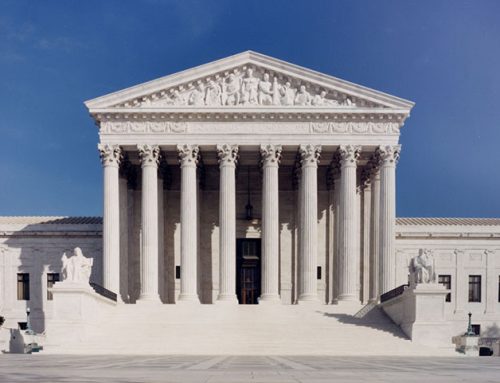Controversy Arises Over Ohio’s New Cannabis Control Superintendent Appointment
LOS ANGELES- Ohio’s recent strides towards cannabis legalization have been met with a mix of anticipation and concern, particularly following the appointment of James V. Canepa as the first Superintendent of the Division of Cannabis Control. This decision has sparked debate among industry experts, activists, and the public, raising questions about the state’s commitment to progressive change in cannabis regulation.
Canepa, known for his previous role as Superintendent of the Division of Liquor Control and his background as a prosecutor, brings to the table a law enforcement perspective rather than direct experience in the cannabis industry. This choice has caused unease among those who anticipated a more industry-focused leader, especially in a state that has recently legalized recreational cannabis.
Ohio voters approved Issue 2 earlier this year, establishing the Division of Cannabis Control to oversee the recreational cannabis market. The division is tasked with licensing and regulating all aspects of the industry, from cultivation to distribution. Canepa’s appointment comes at a crucial time when foundational policies and regulatory frameworks are being established.
The controversy lies in Canepa’s perceived alignment with more conservative views on cannabis, as evidenced by his past work. Critics argue that his approach may lean towards stricter enforcement rather than understanding the nuances of the cannabis industry. Additionally, his appointment reflects broader political dynamics in Ohio, where Republicans have proposed diverting cannabis tax revenues to law enforcement instead of social equity initiatives.
Despite these concerns, the Ohio Department of Commerce has expressed confidence in Canepa. Department of Commerce Director Sherry Maxfield praised his leadership and regulatory credentials, asserting that his experience in law enforcement and retail would be beneficial for the new non-medical cannabis program.
Canepa himself has expressed commitment to implementing the program in a safe, responsible, and efficient way. He emphasizes that his experiences in law enforcement and retail will guide his approach to regulating the cannabis industry.
The appointment has brought to the forefront the need for representation and diversity in government positions, especially in regulating industries with a history of marginalization like cannabis. The decision to appoint Canepa over someone with direct industry experience, such as Greg McIlvaine of the Medical Marijuana Control Program, has left many questioning the state’s priorities and approach to cannabis regulation.
Furthermore, the passing of Issue 2 and subsequent government actions suggest a disconnect between voter intentions and official implementations. The proposed amendment to divert tax revenue from the industry to law enforcement, instead of towards social equity initiatives, has added to concerns about the integrity of the democratic process and the representation of voter interests.
In conclusion, while Canepa’s appointment as Superintendent of the Division of Cannabis Control brings his extensive regulatory experience to the forefront, it also raises critical questions about Ohio’s approach to cannabis legalization. The unfolding dynamics will be closely watched by industry stakeholders, legal experts, and the public as Ohio navigates the complex landscape of cannabis regulation.



































